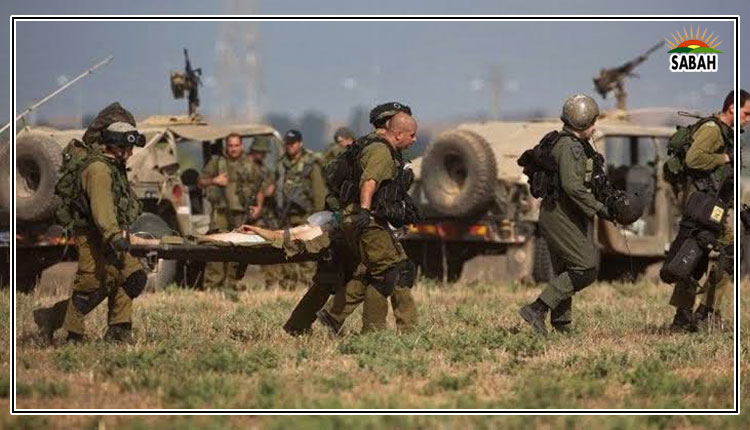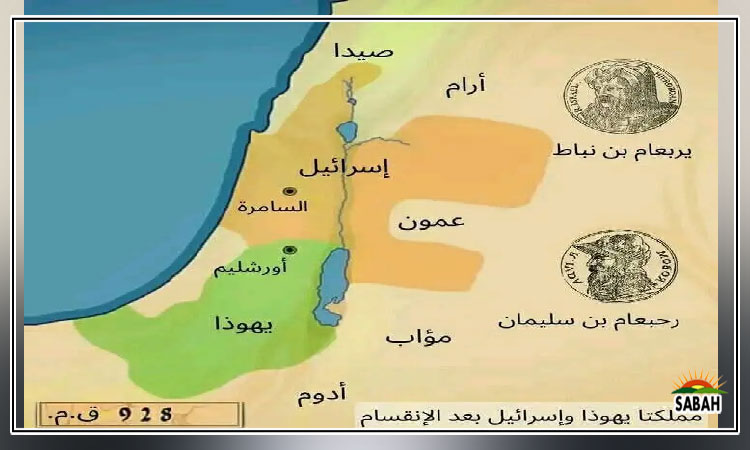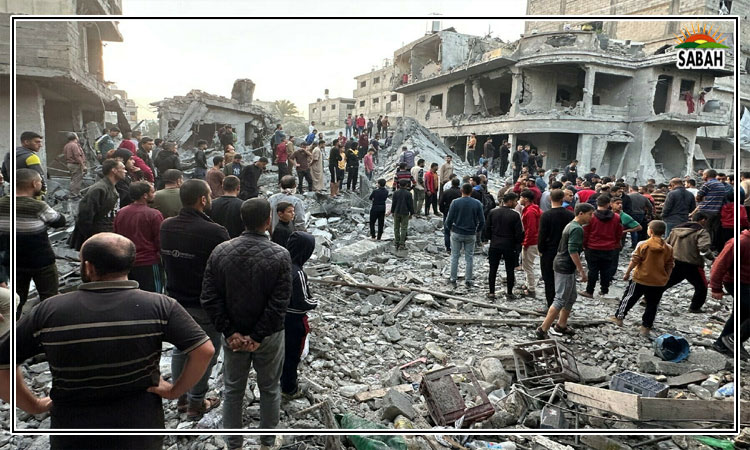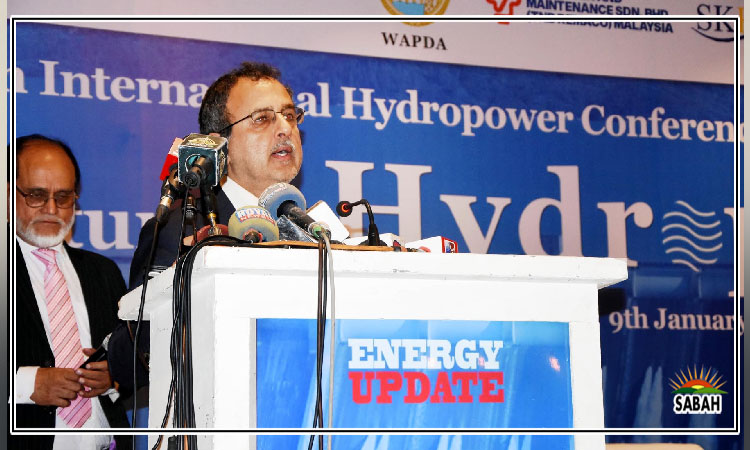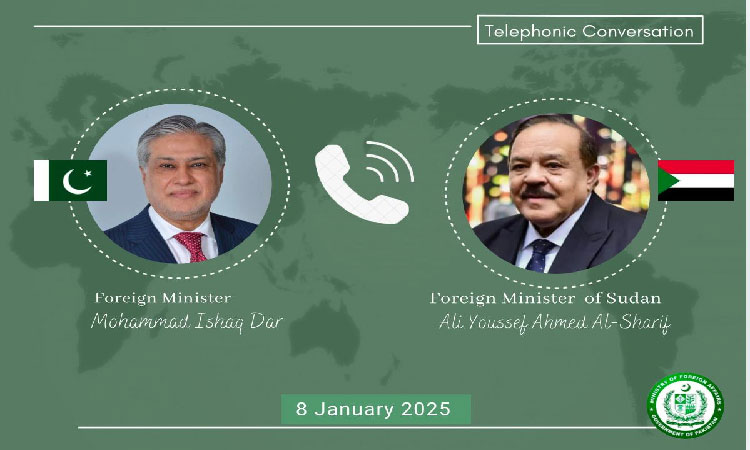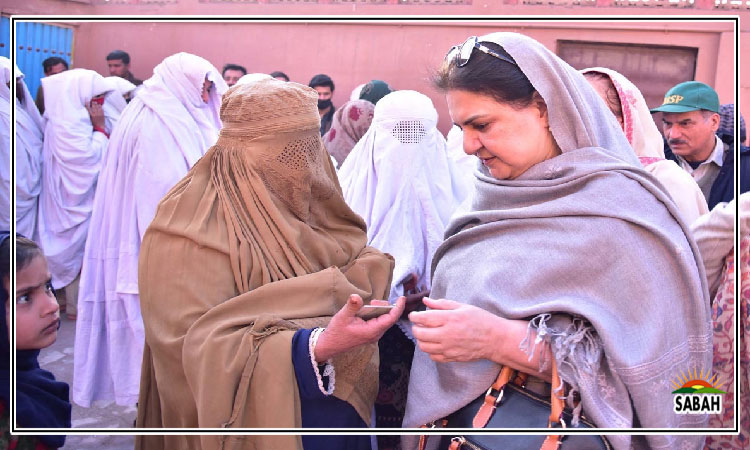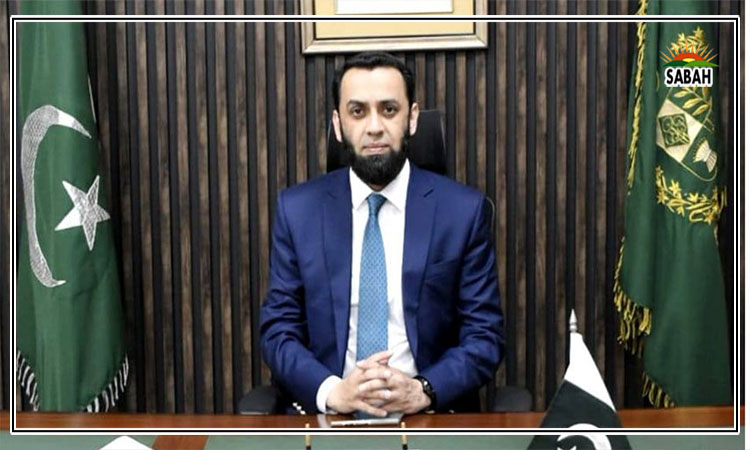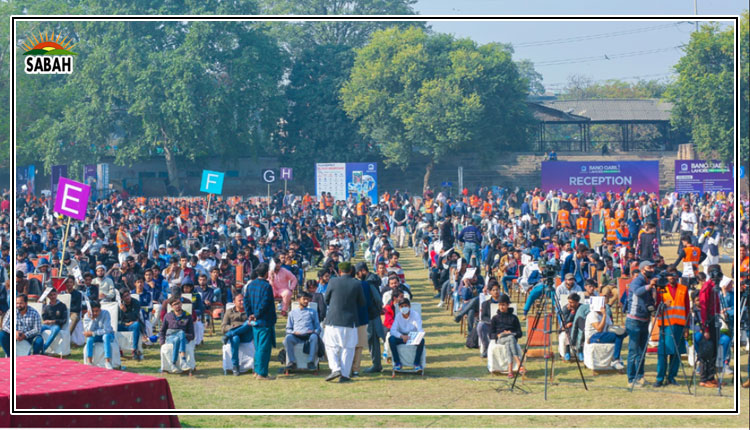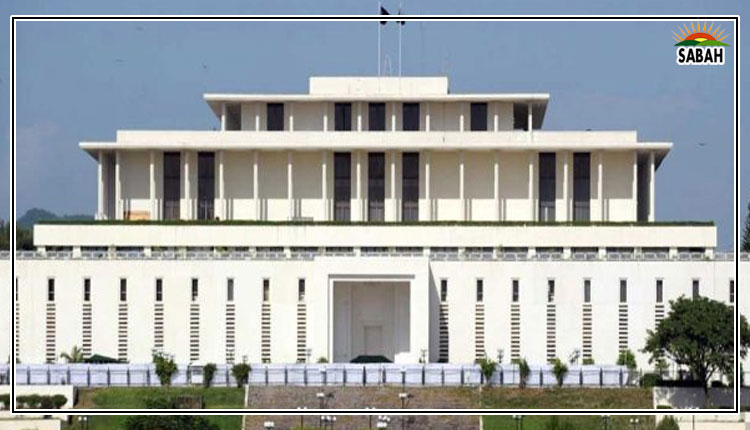Peace cannot be brought in the region without solution of Kashmir dispute: Dr. Ghulam Nabi Fai
ISTANBUL, Nov 13 (SABAH): Dr. Ghulam Nabi Fai, Chairman, World Forum for Peace & Justice has said that the Kashmir dispute being the key cause of conflict and bone of contention of nuclear confrontation, its marginalisation can hardly serve long-term interests of the world powers.
“We are grateful that ASSAM Islamic Union Congress is seized of the important matters relating to the public order and security which has been recognized over the years as an essential condition for the enjoyment of human rights. In many parts of the world, the first requirement is to promote and protect their right to life, which is being denied not because of deep seated structural problems but due to violence, encouraged or condoned by the states,” Dr. Ghulam Nabi Fai said, during 6th International ASSAM Islamic Union Model Congress held in Istanbul, on November 12, 2022. Dr. Fai spoke on the subject of, “Principles and procedures of the organization for public order and internal security in India: The case of Kashmir.”

Brig. General Adnan Tanriverdi, President of ASSAM opened the conference and Professor Datuk Osman Bakar, Islamic philosopher and Fellow at Doshisha University, Japan was the keynote speaker. 60 scholars, academics, diplomats from 25 countries attended the Congress.
Dr Fai explained that public order, internal security, and peace in Kashmir rides on two seemingly conflicting realities. Kashmir will be chronically convulsed until its sovereignty is determined in accord with the wishes of the Kashmiri people. Contrary to what some have said, Kashmir is not a territorial dispute between Pakistan and India. And it is not a dispute provoked by foreign infiltrators or extremists. It is not a struggle between theocracy and secularism. Kashmir is every bit as much about self-determination as was East Timor or Southern Sudan in 1999 and 2011 respectively.

The second reality is Fai added that India holds 99% or more of the political and military cards in Kashmir. No outside influence has exerted more than trivial direct influence over India’s Kashmir rule or diplomacy. For more than 75 years, the United Nations Security Council has not lifted a finger to enforce its plebiscite resolutions concerning Kashmir. Neither the United States nor NATO would risk a single soldier for Kashmiri self-determination. India’s superpower status in South Asia and global stature explains why progress towards peace in Kashmir has been zero for more than 75 years. All the periodic dancing and jousting between India and Pakistan have been at best sound and fury signifying nothing.
Even from a purely economic perspective, if not from concern over peace, security, genuine democracy and observance of human rights, the restoration of normalcy in South Asia deserves to be a policy goal for the world’s only superpower – United States. The Kashmir dispute being the key cause of conflict and bone of contention of nuclear confrontation, its marginalisation can hardly serve long-term interests of the world powers, Fai analyzed.

Dr Fai elaborated that India justifies its action in Kashmir by claiming its territorial rights over Kashmir which violates all the international agreements that she agreed upon at the United Nations. However, to defend this claim, India has passed a series of laws that empower its military and police forces to act against the Kashmiri people in violations of international standards. In this context, India has ‘legalized’ arbitrary arrest, wanton destruction of property and has given soldiers and police the right to conduct searches without warrant. Ignoring the application of international humanitarian law, India has granted its armed forces ‘shoot-to-kill’ powers against the people of Kashmir. Very recently, India arrested Khurram Parvez, one of the internationally known human rights activist. India said that Khurram Parvez is a terrorist. While as, Mary Lawlor, the United Nations Special rapporteur on Human Rights Defenders said, “Khurram Parvez is not a terrorist. He is a human rights defender. Yasin Malik, one of the prominent leaders of Kashmir is facing the life and death situation in notorious Tihar Jail in New Delhi. Shabir Shah, well recognized leader of All Parties Hurriyet Conference (APHC) has spent 35 years, Masarat Aalam, newly elected Chairman of APHC 17 years and Asia Andrabi, Chairperson, Dhukhtaran-e-Millat 7 years in jail respectively.

“Amnesty International (AI) called detentions under the Jammu and Kashmir Public Safety Act as lawless law.” AI wrote that “Hundreds of people are locked up on spurious grounds under the Public Safety Act in Jammu and Kashmir every year…repealed and that detainees are released immediately or tried in a court of law; Fai stressed.
Dr Fai expressed his frustration by saying that India cannot sweep all this under the galicha. The truth is too painfully obvious. Isn’t it time that world powers ask the people what they really want? Perhaps that would force the parties to deal with what is at the heart of their differences, the aspirations of the people.
Dr Fai appealed to the conscience of Biden Administration that trade and commercial deals are important but not at the expense of the high moral ground, American exceptionalism has always claimed. Moral values, universal principles and human rights are the very essence of even being called civilized.


